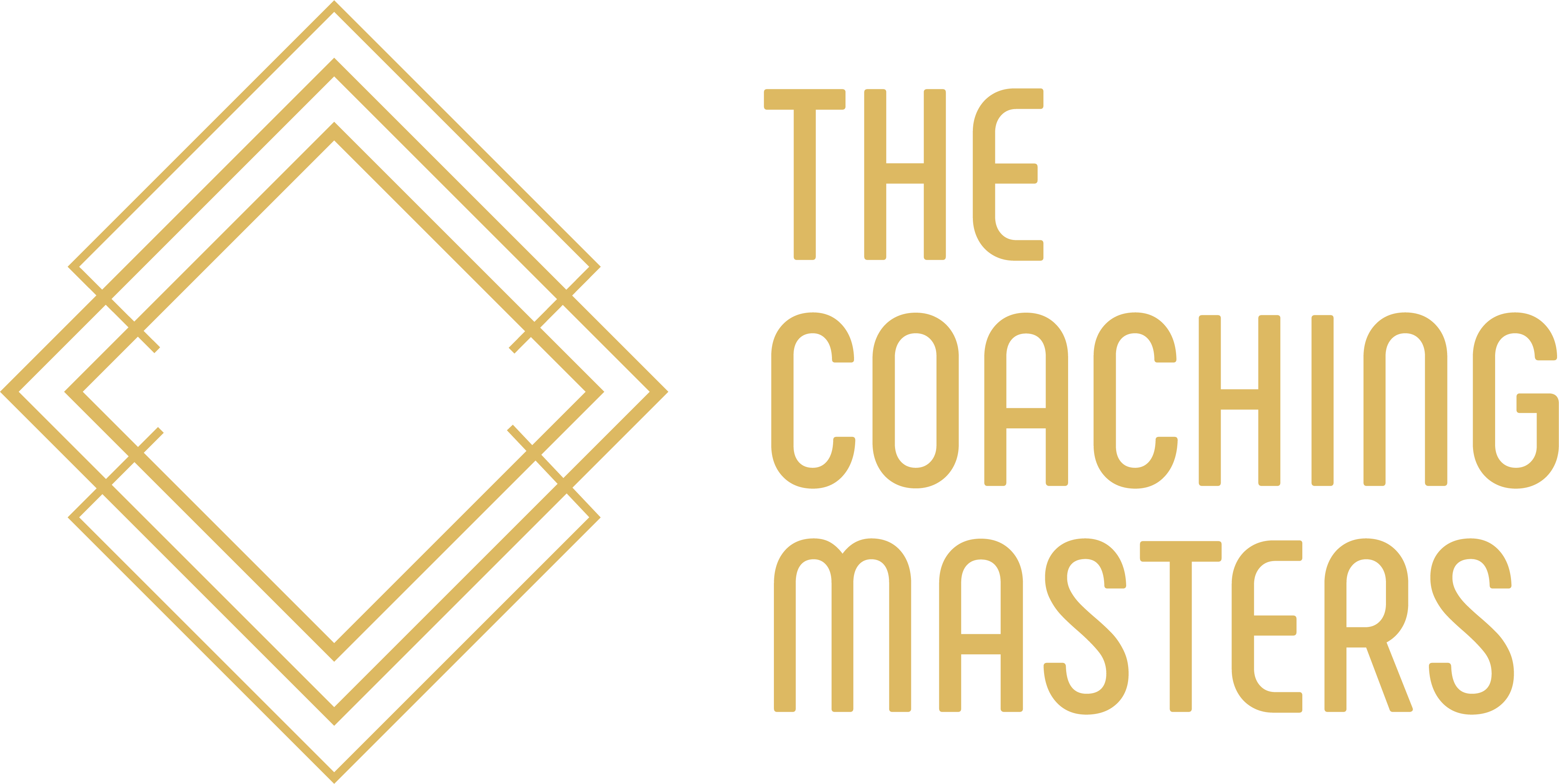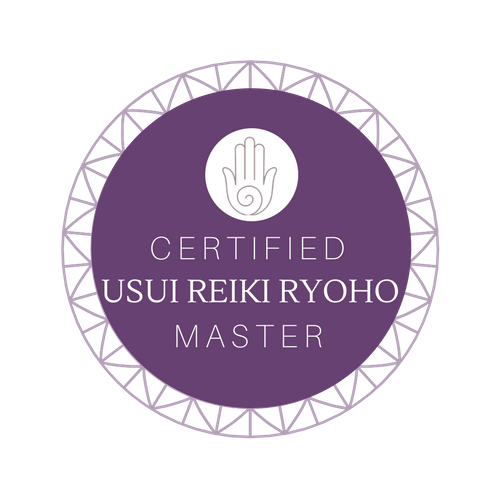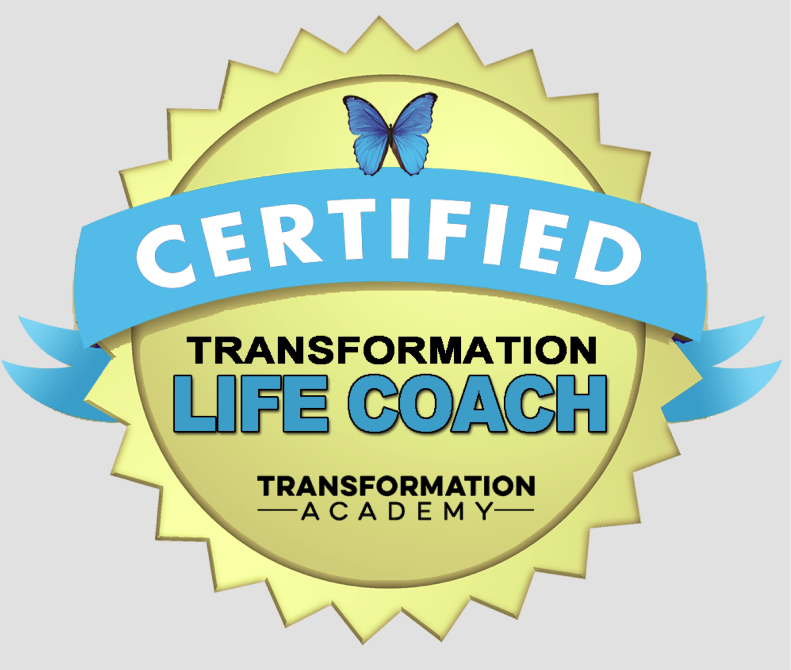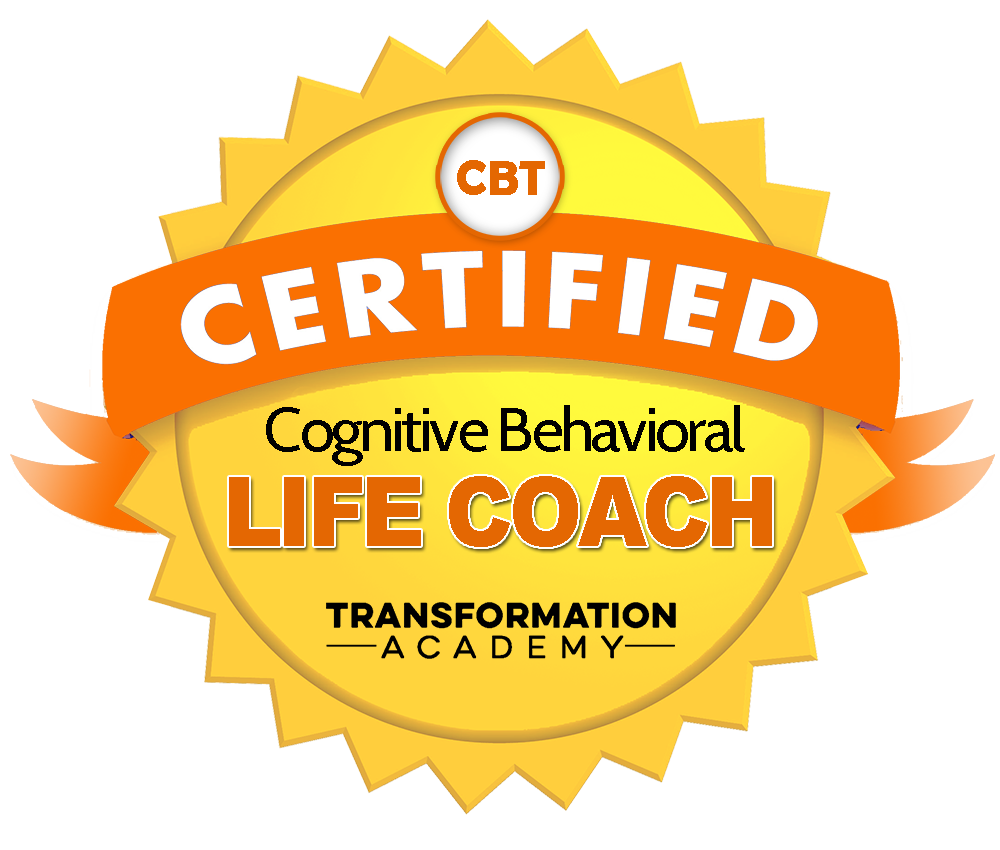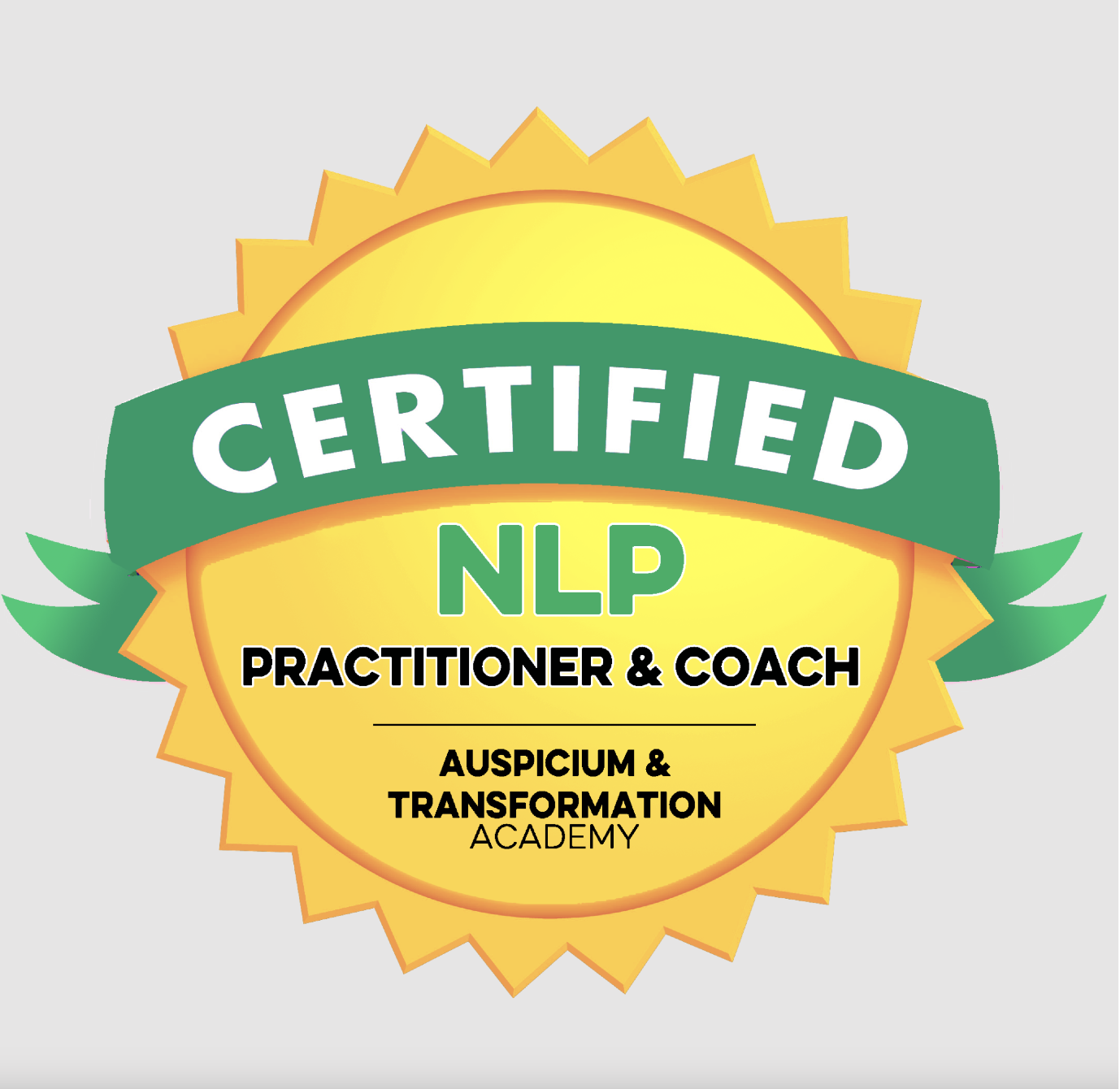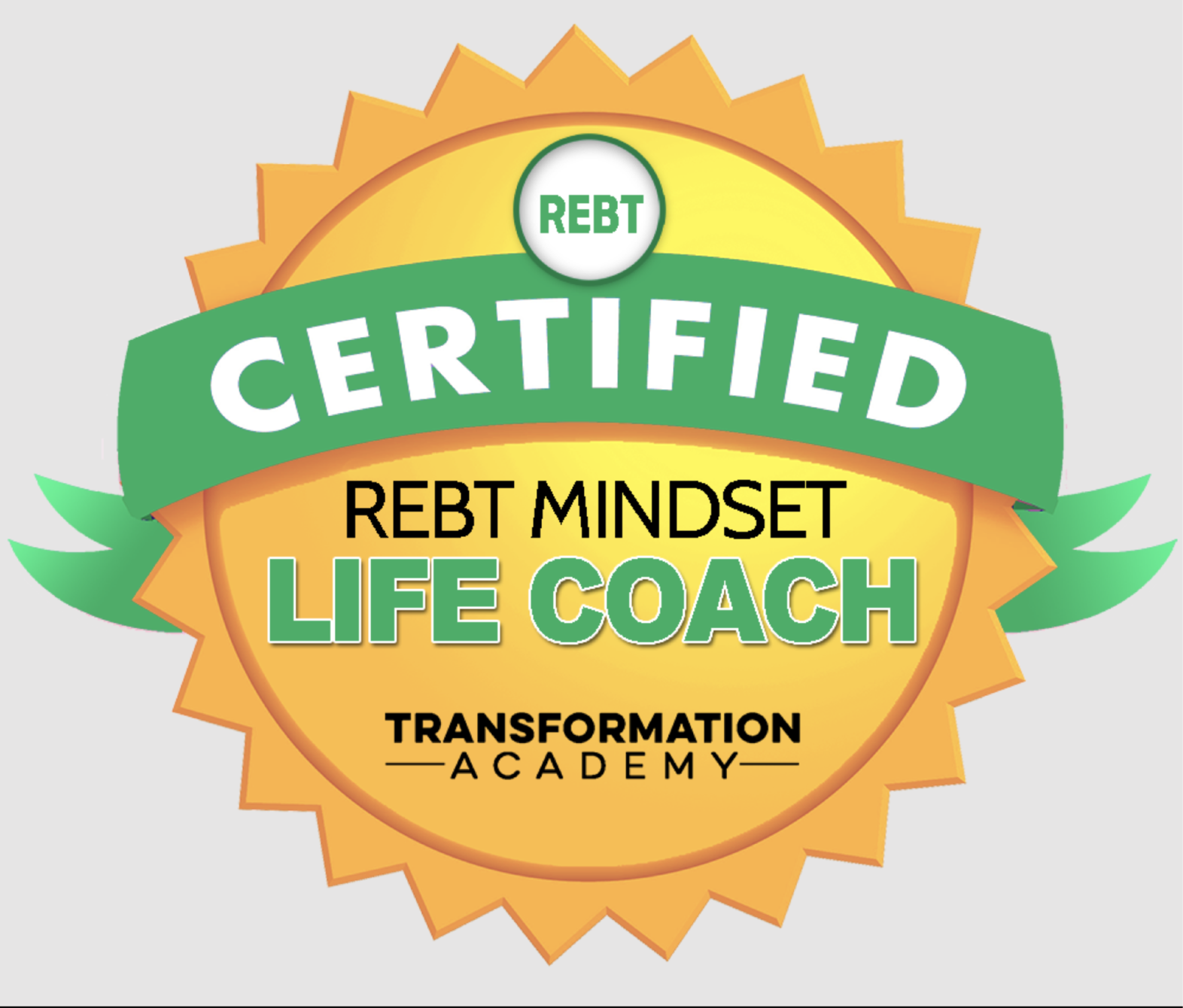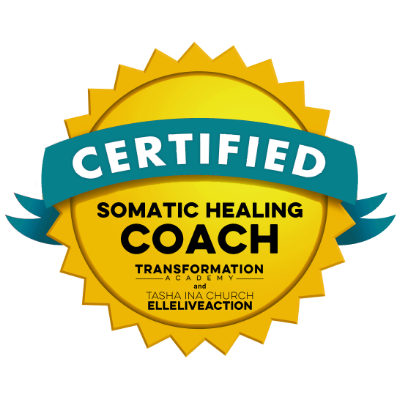Your HeadlineA Skeptic’s View on Reiki
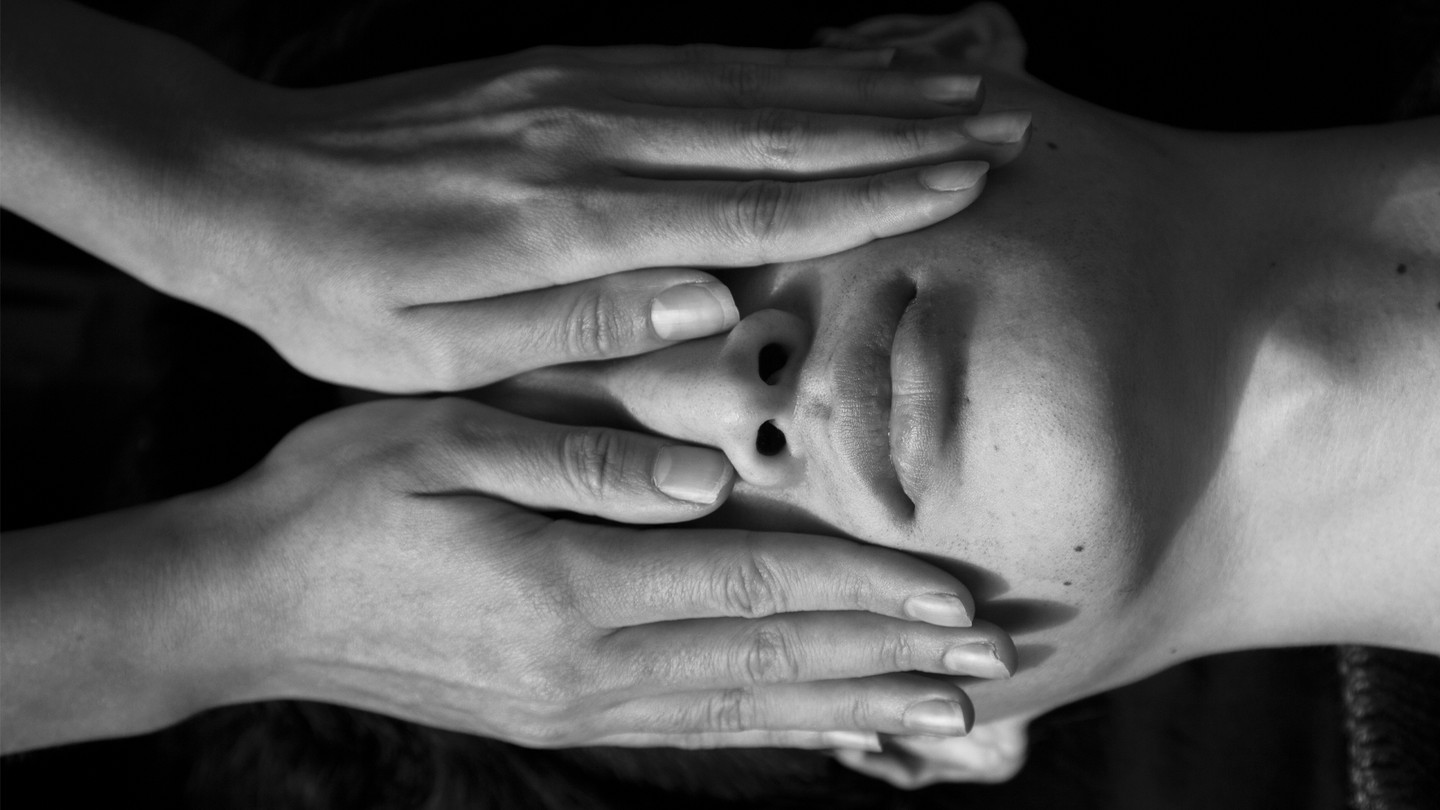
Unveiling the Controversies and Misunderstandings
Reiki, a form of alternative medicine developed in Japan in the early 20th century, is often met with skepticism. Many people, especially within the medical community, dismiss Reiki as pseudoscience. This skepticism stems from the lack of empirical evidence supporting Reiki's efficacy and concerns about patients opting for Reiki over conventional medical treatments for serious conditions.
Medical Concerns and Ethical Considerations
Medical professionals are particularly wary of Reiki when patients with severe illnesses, such as heart disease, stroke, or cancer, choose it over proven medical treatments. The concern is that patients might forgo essential medical interventions, potentially worsening their conditions. Doctors argue that Reiki practitioners might exploit vulnerable individuals, taking their money without providing any real therapeutic benefit. This apprehension is grounded in the ethical duty of healthcare providers to ensure that patients receive treatments with established efficacy and safety.
Reiki practitioners, however, emphasise that Reiki should complement, not replace, conventional medical treatments. They assert that Reiki aims to promote relaxation and well-being, potentially enhancing the overall healing process when used alongside medical care. The Reiki community strongly discourages abandoning medical treatments in favour of Reiki alone, aiming to avoid any harm to patients.
Divergence Within the Reiki Community
Another layer of skepticism arises from the varied practices within the Reiki community. Different schools of Reiki employ distinct symbols, techniques, and timelines for achieving mastery. Some schools focus on energy healing, while others emphasise the traditional "laying on of hands" technique. The time required to become a Reiki Master also varies significantly, ranging from one year to a decade. These inconsistencies contribute to the perception of Reiki as unstandardised and unreliable.
Critics argue that such variations undermine the credibility of Reiki, suggesting a lack of a cohesive and scientifically validated framework. In contrast, Reiki practitioners view this diversity as a reflection of the personalised and intuitive nature of the practice, allowing for flexibility and adaptation to individual needs.
Religious Concerns and Misconceptions
Religious institutions have also voiced concerns about Reiki. The Catholic Church, for instance, has warned against Reiki, suggesting it could open the door to malevolent spiritual influences. Other religious groups dismiss Reiki as a legitimate healing force, questioning the possibility of a universal energy flowing through a practitioner to a patient.
These religious objections are often rooted in theological beliefs about the nature of healing and the source of spiritual power. For some, the idea of channeling universal energy through a human conduit conflicts with their understanding of divine intervention and spiritual practices. This spiritual skepticism further complicates the broader acceptance of Reiki.
The Experiential Argument
Advocates of Reiki often propose that skeptics should experience a Reiki session before dismissing it outright. They argue that the subjective experience of relaxation and well-being during a Reiki treatment can provide a more accurate understanding of its benefits. A typical Reiki session involves a calming environment with soft music, where the practitioner guides energy through the patient's body, starting from the head chakra and moving down to the root chakra. The process includes balancing the chakras and incorporating affirmations to reinforce positive energy.
Proponents believe that experiencing the gentle and relaxing nature of Reiki firsthand can help skeptics appreciate its potential benefits. They argue that while Reiki may not cure diseases, it can play a valuable role in reducing stress and promoting a sense of peace, which are important aspects of overall health.
Bridging the Gap: Integrating Reiki with Conventional Medicine
To address skepticism, some healthcare providers have started integrating Reiki into conventional medical settings as a complementary therapy. This approach allows patients to benefit from the relaxation and stress-relief aspects of Reiki while receiving evidence-based medical treatments. Hospitals and clinics that offer Reiki often do so in conjunction with other holistic therapies, creating a more comprehensive approach to patient care.
Studies exploring the effects of Reiki on pain management, anxiety, and overall well-being have shown mixed results, but some suggest that Reiki can be a valuable tool for enhancing patient comfort and satisfaction. By positioning Reiki as a supportive rather than primary treatment, the medical community can mitigate concerns about its use and potentially uncover more about its benefits and limitations.
Conclusion
Reiki remains a controversial practice, with passionate advocates and staunch skeptics. While the lack of scientific validation and the diverse practices within the Reiki community fuel skepticism, proponents emphasise its complementary role in promoting relaxation and well-being. Bridging the gap between skepticism and acceptance may involve integrating Reiki into conventional medical care, allowing patients to benefit from its calming effects while receiving necessary medical treatments. Ultimately, fostering open-mindedness and respectful dialogue can help both skeptics and advocates better understand the potential value of Reiki in a holistic approach to health and healing.
Click the link below to book your free clarity call or free virtual coffee chat.
Grab a copy of our newletter by completing the form below, this will then be sent to your inbox every month.
My Affirmation For The Week
"Every act of creation is first of all an act of destruction."
